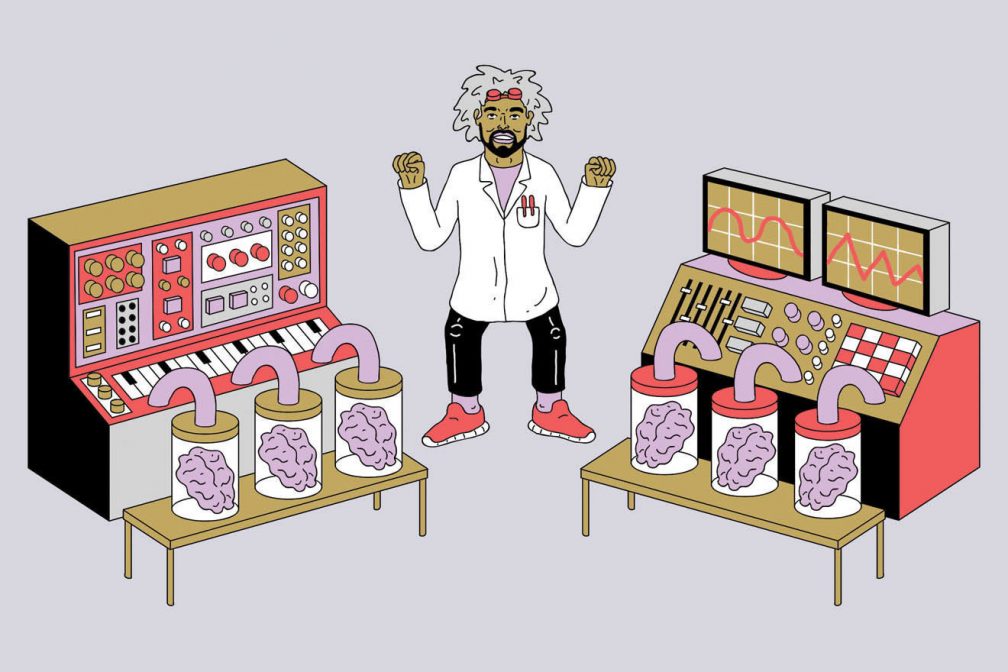
Dance music is in danger of losing its best minds to the mainstream
Producers are more in demand than ever by the big names in pop
They engineer for other acts, and if their profile’s right, they produce for pop, hip hop or r’n’b stars. Last year Rihanna’s ‘Anti’ album credited over 30 collaborators, while Kanye’s ‘Life Of Pablo’ shouted over 100. Not only are these projects loaded with more money than an independent dance music label could ever make, they’re embracing electronic music innovation and looking to work with the creative people who are making it.
With this level of high profile pop cross-pollination, a new path for aspiring producers is made. It shows there’s another route to make a living from music: but it’s a way that diverts them from making exciting, daring and refreshing music for themselves. I’ve met guys who were making big-room bangers in the mid-2000s but are now producing pop hits, and an act behind some of the best UK hip hop now writing toplines for the Top 10.
Some of these roles happen naturally for artists as they develop and mature and feel they’ve quenched their dancefloor thirst. No artist should be held captive forever. But with the acceleration of hype, fewer opportunities to sustain an income from production and a wider sense of economic uncertainty (especially in the shadow of Brexit) there’s a danger that promising talents may depart before creating their finest dance tracks. They simply don’t have the luxury of time and budget to explore their sound to the
depths their predecessors could.
But for every artist willing to work on other styles of music (even temporarily) there are many underground artists who refuse to dilute their vision. The instrumental grime movement and the wave music scene are but two exciting examples. But as more and more producers apply their skills in other fields, new precedents are set.
There are still stacks of talented people making mind-blowing electronic music every single day, and it’s far from doom and gloom – but we’re definitely saying goodbye to a particular creative mindset. Not through choice, but through circumstance. And as career goals and priorities change during this slow-burning generational shift it will be interesting to see where we are in
10 or 20 years’ time.




